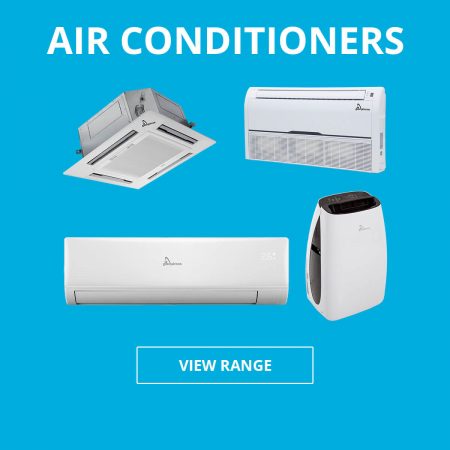If you’re considering purchasing a portable air conditioner, you may want to find out how much water a unit will get through before you proceed. Some people complain that their air conditioners fill up with water too quickly once they’ve gone ahead and made their investment. If you’re wondering why a portable air conditioner might fill up so quickly and how much water you should expect it to use, read on.
The benefits of portable air conditioners
There are many great reasons for purchasing a portable air conditioner. These appliances can improve your comfort levels significantly, help you avoid illnesses, and cut the cost of boosting air quality. Being able to move your air conditioner from room to room and take it with you when you’re away from home can also be very convenient. Portable air conditioners are also very easy to set up. But how much water does a portable air conditioner use?
Is it normal for conditioners to fill up quickly?
Most air conditioners won’t fill up with water quickly. However, if you need to empty the unit every few hours, this can become irritating. Fortunately, there are several things you can do to prevent this from occurring. One thing you can do to stop this from happening in the first place is to purchase a unit that empties the water catching tray on its own so you don’t have to do anything. As you might expect, these units tend to be more expensive. If your budget won’t stretch to one of these models, you can still take steps to slow the filling process down.
What causes faster water consumption?
Your air conditioning unit may fill up more quickly if there’s lots of humidity in the air. However, humidity levels can fluctuate wildly, so there will be times when you don’t need to empty the unit anywhere near as much. Units can also fill up swiftly when they’re newly installed or when you haven’t used them for a while. Patience is the key here — once the unit has dehumidified your entire environment, your problem should become much less severe.
Other reasons for high consumption
Your location may also cause your unit to use more water. If you live in a highly humid area, the unit will need to work harder. By using a dehumidifier alongside a portable air conditioner, you may be able to improve the situation. See if installing a dehumidifier in the same room makes a difference. Nearby laundry can also make your environment damper, so try drying it elsewhere.
Do you have a fault?
The unit may also consume more water if it has a fault. Cleaning your air filter may resolve your issue. Blocked airflows can make your coil extremely cold and once it becomes frozen, it may begin to melt, with the resulting water ending up in your container. Inefficient or broken water pumps can result in excessive water collection as well. Consumers are normally advised to clean or replace their air filters at least every three months to maintain efficiency. If you have little or no experience in repairing air conditioning units, it’s best to consult the professionals to avoid worsening your problem. If you have had your unit for several years and it’s no longer performing as effectively as it once did, replacing it may be more cost-effective than repairing it.
